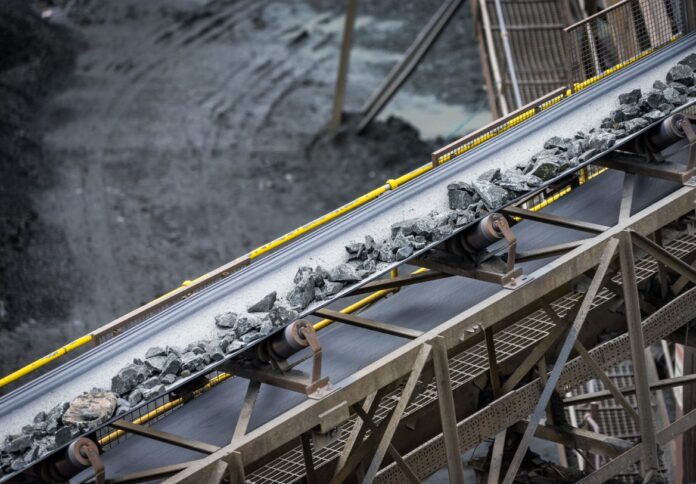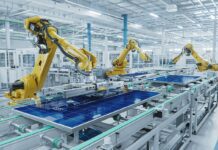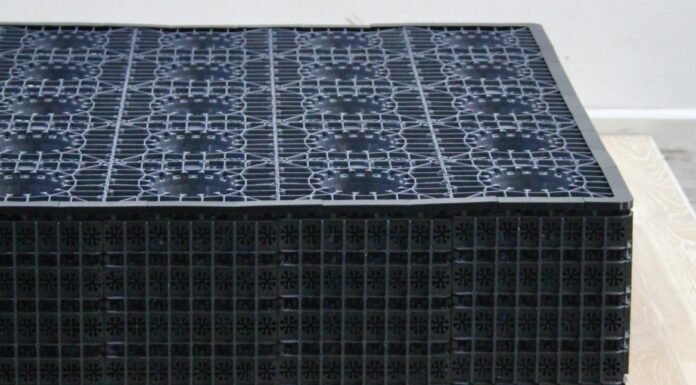
RSM Australia’s National Leader for Manufacturing Services, Jessica Olivier, has provided commentary on the recent budget, noting a significant focus on critical minerals, clean energy, and green technologies over the broader manufacturing sector.
Olivier found the allocation of $500 million for the tertiary sector to enhance skills in manufacturing and clean energy particularly encouraging, alongside initiatives to boost private investment, workforce skills, and local supply chains.
She highlighted the government’s agenda outlined in the Future Made in Australia Act, with last year’s $15 billion National Reconstruction Fund now integrated into this policy, resulting in a substantial 51 per cent increase in funding to $22.7 billion.
Notable investments included $1 billion each for Solar Sunshot’s solar panel production in the Hunter Valley, the construction of the world’s first fault-tolerant quantum computer in Brisbane, and $840 million for Arafura’s rare earth metals production in the Northern Territory.
Western Australia stands to benefit significantly from the $566 million allocated to GeoScience Australia for mapping mineral deposits.
The government’s commitment to a cleaner, greener future was evident in funding for green energy, critical minerals, and renewables, including $13.7 billion in production tax incentives for green hydrogen and processed critical minerals.
While grants targeting manufacturing were lacking, the budget announced a strategic examination of Australia’s Research and Development system to enhance innovation outcomes.
“In terms of grants (both new and extended programs), it should have been a significant part of the new measures announced to bolster manufacturing, however there was little specifically targeted at this sector,” Olivier said.
Tax breaks, including the extension of the $20,000 instant asset write-off for small businesses until June 2025, were anticipated.
Olivier agreed with the Treasurer’s assertion that Australia’s renewables investment approach required adjustment to safeguard the economy.
She also welcomed efforts to streamline regulatory approvals for the Future Made in Australia agenda.
“It is welcome to see moves to both support and streamline regulatory approvals for the Future Made in Australia agenda, as well as allocating funding for international investment to encourage collaboration with industry, investors and major stakeholders,” Olivier noted.



















